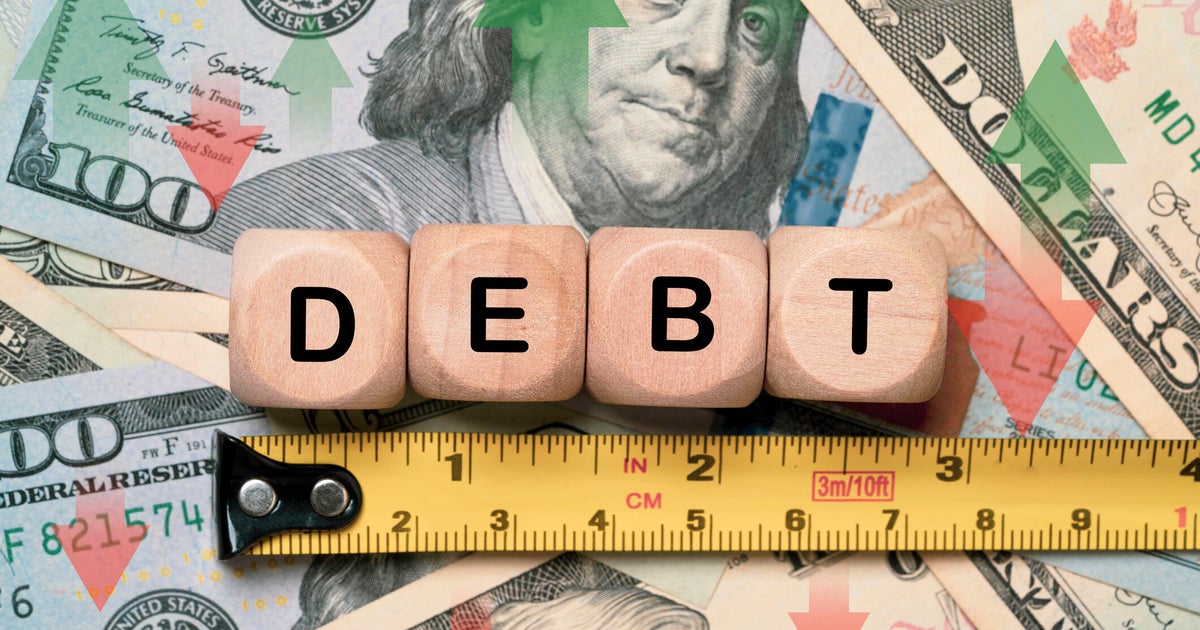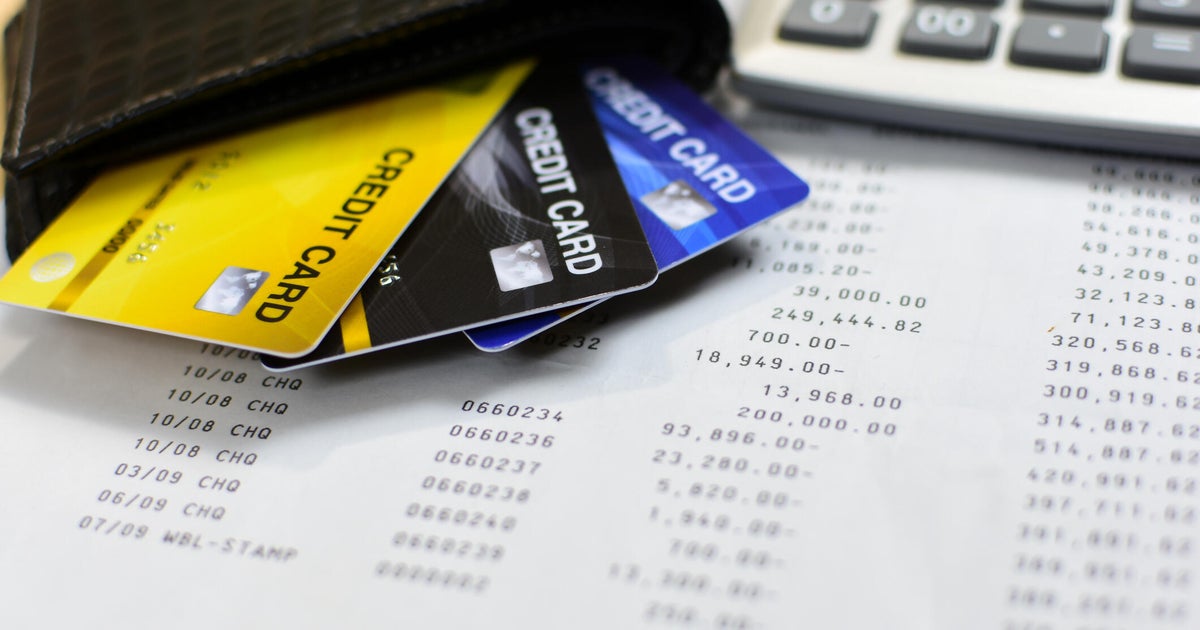5 tips for keeping your holiday spending under control
It's the time of year for trimming trees, singing carols and spending way too much as the spirit of the season takes over our wallets. On average, Americans are expected to shell out almost $1,000 this holiday season—leaving large credit card bills or empty bank accounts come January.
It doesn't have to be that way. ValuePenguin asked a handful of financial planners for their best advice to keep holidays from turning into a financial burden. Here's what they said.
Make a comprehensive budget
This may seem like an obvious step, but a key one to keep your spending in check. Write down each person you plan to shop for and include a dollar amount for each. Include a cushion for extra gifts in case you overlook someone (children's teachers, anyone?) or want to reciprocate for a gift you unexpectedly received.
The list should be all-inclusive, not just confined to money you'll spend on gifts. So factor in other, often hidden or forgotten, costs such as wrapping and shipping, decorations, greeting cards, charitable donations and party attire. Add extra to your usual food and babysitting budgets.
Consider an envelope system
Now that you have your budget, are you worried about staying within it? Try the envelope system, recommends by Ryan Marshall, a financial planner with ELA Financial Group in Wyckoff, New Jersey. Put the amount, in cash, you want to spend on each person in an envelope along with a list of potential gifts with price. Do the same thing for other holiday spending categories such as holiday dinners and donations. Once the money is spent, you're done. "Using the envelope system eliminates any surprises a credit card may offer when you open your statement in January," says Marshall.
If you want to use your credit cards for holiday shopping to reap rewards points, you can still use the envelope system—with a few adjustments. Write the amount of money you want to spend on the outside of the envelope. When you buy something for that person, place the receipt in the envelope; subtract what you spent from the total gift allotment; and write what you left to spend on the envelope.
One plus to the system is that it allows you, if you wish, to transfer money from an envelope from which you've underspent—because, say, you got an item on sale for less than you expected—to one in which you're at risk of overspending.
Use a wish list—in two ways
Before checking out online, save potential purchases to a website's wish list, if available. "Hitting pause before buying provides three benefits," says Therese Nicklas, financial planner in Rockland Massachusetts. First, it allows you to compare prices at different retailers. It also helps if you can't decide between items. Last, it gives you a chance to visit the actual store—if one exists—to see if there are any special sales designed to get more customers through the door.
Use an online tool like Shoptagr, a Chrome browser extension, to keep track of items across multiple retailers. Such tools can also notify you if an item goes on sale, is low on stock or comes back into stock.
Encourage family members to set up their own holiday wish lists on popular retail sites or using online tools like Giftster and Wishlistr and share them with others. Similar to a wedding or baby registry, this option "gives the gift giver the opportunity to choose something within his or her budget that the recipient would actually like," says Linda Rogers, a financial planner in Memphis.
Get creative with extended family
When there are more loved ones to shop for, there are that many more ways to bust the budget. To help everyone's wallets, consider these strategies.
- Establish a maximum spending amount for each person.
- Only buy gifts for those under 18.
- Secret Santa: Draw a name and buy only that person a gift (with an amount limit).
- Play a gift-exchange game such as White Elephant or Yankee Swap.
- Chip in for a one big gift for each family.
Time it right
If you're putting your holiday spending on your credit card, plan your shopping to give yourself the most possible time to pay off your bills, recommends Barbara O'Neill, a financial planner in Newton, New Jersey. You can do that by making your purchases—especially larger ones—the day after your card's closing date, the last day purchases are added to that month's bill. That way you have the entire next billing cycle before the payment is due, giving you more time set aside enough money to pay off the entire balance.



